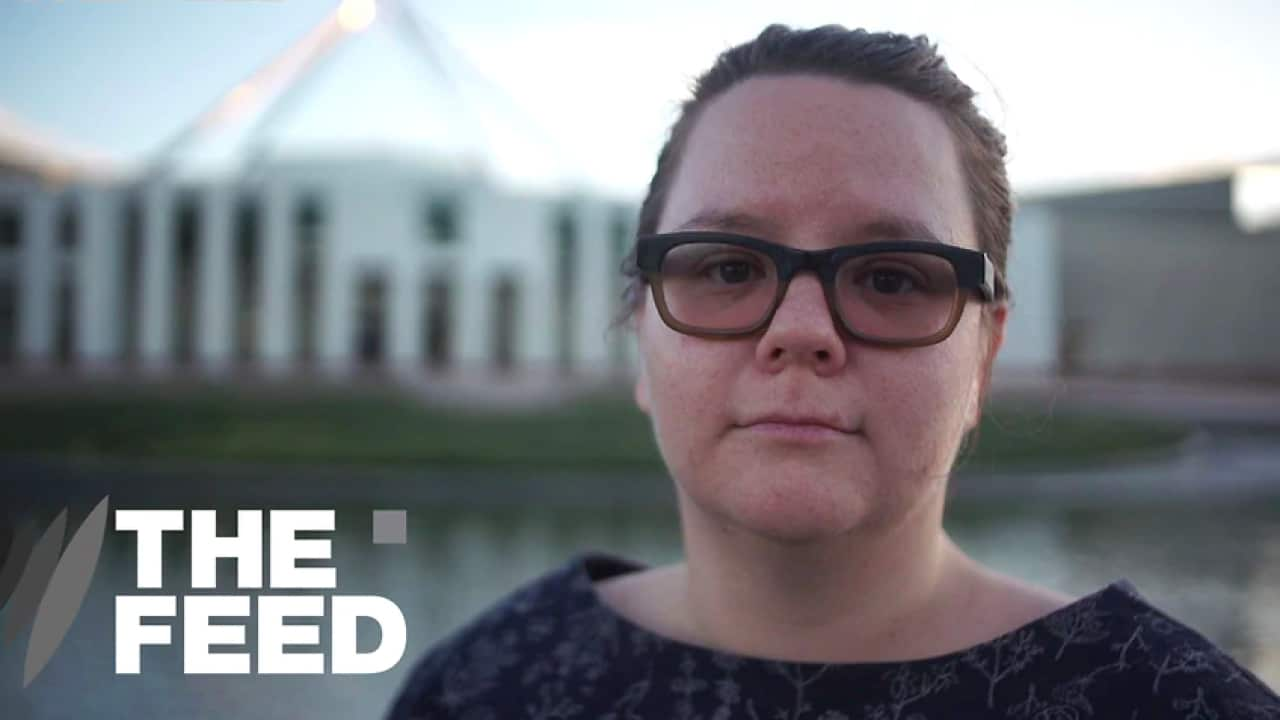As machines increasingly replace conventional jobs, “it’s going to make giving everybody work that is meaningful tougher,” said Obama this week at the annual Nelson Mandala lecture.
“We're going to have to consider new ways of thinking about these problems, like a universal basic income, review of our workweek, how we retrain our young people, how we make everybody an entrepreneur at some level.”
Obama’s hometown of Chicago is about to become the largest city in the United States to trial universal basic income (UBI). The pilot program will give 1000 families $500 a month to do with as they please. If the pilot works, everyone in Chicago may get $500.
He’s not the only big name to spruik the concept recently. Facebook founder Mark Zuckerberg told a Harvard University audience that “we should explore ideas like Universal basic Income to make sure that everyone has a cushion to try new ideas.” He said “If I had to support my family growing up instead of having time to code, I wouldn’t be standing here today.”
The idea of a UBI for Australians has been discussed for decades. A few years ago, when the government announced their Innovation Agenda, a gaping hole in the policy is a support net that will allow start-ups to fail.
A gaping hole in Australia's 'Innovation Agenda' policy is a support net that will allow start-ups to fail.
A UBI may provide the financial security that clever, risk-taking Australians need to launch their ideas into the ‘innovation economy’. But a UBI isn’t only for entrepreneurs – that extra bit of cash each month may mean a mum on the single parenting payment can pay for school excursions rather than just groceries, or a dad with a full-time job can spend more time with his family at weekends rather than driving an Uber.
A UBI could be life-changing for people with disabilities. The National Disability Insurance Scheme was supposed to provide long term benefits to the economy by helping disabled people find work. This would mean the government could collect more tax and reduce income support payments. But most Australian workplaces aren’t set up to allow people with disabilities to participate.
I live with Chronic Fatigue Syndrome and my primary source of income is the Disability Support Pension. The NDIS doesn’t recognise my condition even though there are days when I can’t leave the house. I take work when I can and do it from home.
Some say a UBI will discourage people from looking for work. The fact that my Centrelink payments will be docked if I find work is what’s really discouraging.
Some say a UBI will discourage people from looking for work. I would love to be able to work more. But even when I’m healthy enough to work, the fact that my Centrelink payments will be docked if I find work is what’s really discouraging.
A few years ago, I took on a short-term consulting gig. But the one-time income that I received from that gig meant more than 10 per cent of my Disability Support Pension was docked for two years.
That cut to my pension meant I was spending over 70% of my pension on rent. This left me with very little to spend on anything else, like a cab ride to get to an interview that might lead to another consulting gig – let alone emergencies, like when I was recently hit by a car.
Perhaps with Obama’s support for a UBI, the Australian government will finally start to see the benefits of a system that provides enough income to cover the costs of daily living so that all members of society can reach their full potential without the risk of homelessness or financial ruin.
Susan Hutchinson is a freelance contributor to The Feed. She is a PhD scholar at the ANU; a member of the Australian Civil Society Coalition on Women, Peace and Security; and an architect of the Prosecute Don’t Perpetuate campaign.
Through award winning storytelling, The Feed continues to break new ground with its compelling mix of current affairs, comedy, profiles and investigations. See Different. Know Better. Laugh Harder. Read more about The Feed
Have a story or comment? Contact Us


